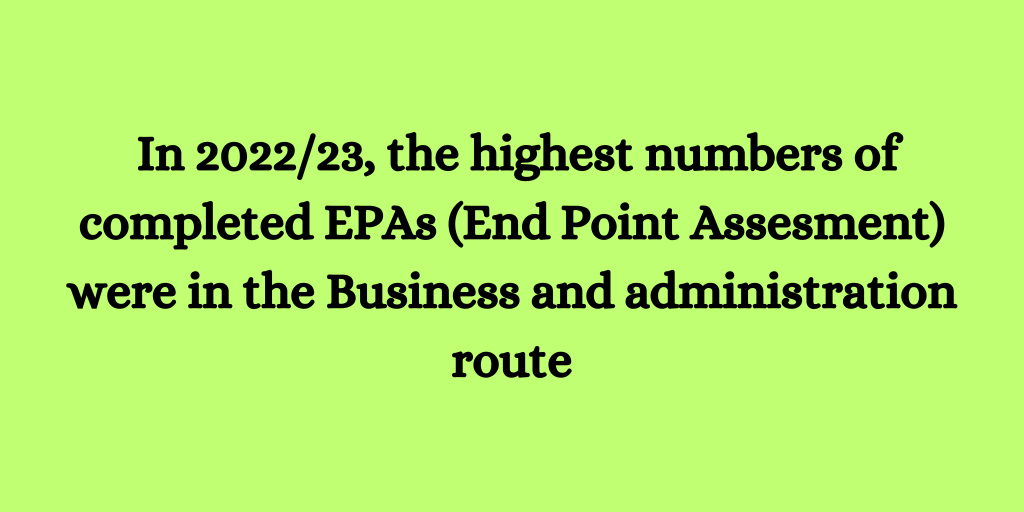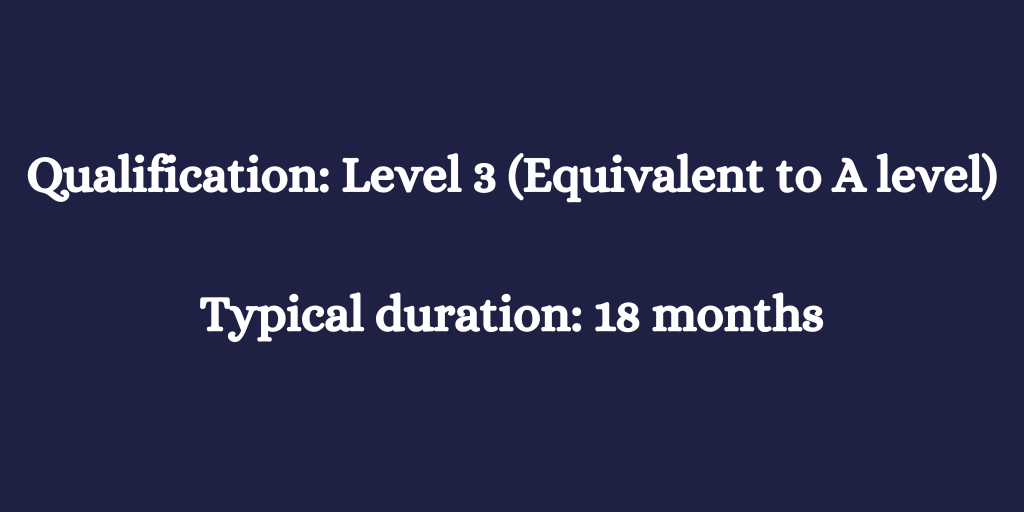Business Administration Level 3

What is Business Administration?
Business administration refers to the management of business operations, overseeing different aspects to ensure an organization runs efficiently and achieves its goals. It encompasses a wide range of activities, including planning, organizing, directing, controlling, and coordinating resources, processes, and people within a company.
The day-to-day job duties of a business administrator can vary significantly based on the specific role, industry, and organization. However, here’s a general overview of tasks that might be part of a business administrator’s routine:
Planning and Organization: Setting priorities, creating schedules, and organizing tasks for the day or week. This involves structuring workflows, meetings, and deadlines.
Communication: Engaging in various forms of communication such as emails, phone calls, or meetings. This includes correspondence with team members, clients, suppliers, and other stakeholders.
Administrative Tasks: Handling paperwork, drafting documents, managing files, and maintaining records. This could involve data entry, preparing reports, creating presentations, and ensuring documentation compliance.
Coordination and Support: Coordinating meetings, events, or projects. This might involve scheduling, arranging logistics, and providing support to ensure smooth operations.
Human Resources Support: Assisting with HR functions like recruitment, onboarding, or maintaining employee records. This might include posting job openings, scheduling interviews, or assisting in employee orientation.
Problem-solving: Addressing day-to-day challenges or issues that arise within the organization. This could involve troubleshooting operational problems, resolving conflicts, or finding solutions to improve processes.
Meeting Participation: Attending meetings, taking notes, and following up on action items. This might include team meetings, strategy sessions, or client meetings.
Networking and Relationship Building: Building professional relationships internally and externally. This might involve networking with colleagues, clients, or industry contacts to foster collaboration and opportunities.
Business Administration is needed in every sector from Recruitment to Marketing and even influencers on social media! It is how businesses and individuals communicate B2B and B2C and continue to grow. For someone to be successful in this area, it requires an individual who is able to bring and expand on their ‘soft’ or ‘transferable skills’. This includes effective communication, organisation and time management, the ability to influence others and much more. These skills are required as they can be used in every aspect of business, whether this be in accounting or digital marketing. You’ll learn how to use tools and services such as email, answering phone calls, CRM systems and much more.
Where can Business Administration Lead?
Essentially it can lead you anywhere! Want to become a manager or run your own company? Business Administration can help you get there. It will take time, dedication and few years of experience, but the prospects are huge. Everyone has to start from the bottom to work their way to the top; which is why a business administration apprenticeship is the perfect place to start. You’ll learn everything you need to start you career and progress to your dream goal.
Here are a few potential directions:
Management Roles: With experience gained during the apprenticeship, you could progress into managerial positions within departments like operations, human resources, finance, or marketing.
Specialized Roles: Depending on your interests and the focus of the apprenticeship, you might move into specialized areas such as project management, business analysis, or strategic planning.
Entrepreneurship: Some apprentices might develop entrepreneurial skills and start their own businesses or ventures, leveraging the knowledge gained during their apprenticeship.
Further Education: An apprenticeship can serve as a stepping stone for further education, such as pursuing a bachelor’s or master’s degree in business administration or related fields.
Career Advancement: As you gain more experience and expertise, you might advance into executive or senior management positions within larger organizations.
Industry Diversification: The skills acquired through a Business Administration apprenticeship are versatile and can be applied across various industries, allowing for movement between sectors.
Remember, the exact path will depend on your interests, the skills you develop, the opportunities available, and the industries or companies you engage with during and after your apprenticeship. The skills acquired during the apprenticeship—communication, organization, problem-solving, and business acumen—can be valuable assets in many different career trajectories.
Each part to a business administration role is incredibly important to the running of the business. With this in mind each employer looks for an apprentice with excellent transferable skills and a great work ethic when it comes to interviews. So before attending any business administration apprenticeship interview, you must be prepared. Below are some tips which will help you in having a successful interview.
Don’t be afraid to talk about yourself when asked. Talk about your hobbies and interests, what you like to do on weekends etc. Mention awards and achievements you have gained over the years, whether they are from school or clubs. Make sure that you don’t overshare, but don’t give too short an answer.
Give an overview of the company and what they specialise in. Mention some facts that you learned about them whether this be awards they have won, when they were established etc. By doing this it will show the employer that you were willing to go out of your way to understand the business.
This is where your research on the company is important as you can implement this in your answer. Mention a success story of theirs and what you like about their processes and the way they work compared to their competitors. It is also important to have ideas of things you feel you could bring and incorporate into the business.
Reflecting on an example of prioritising tasks during a heavy workload is a positive way to show competency in a role. This will help demonstrate your organisational skills and problem solving. Explain how and why you made the decision and why it was the right one.
Talk about any relevant software packages you have used, for example Microsoft Word, Excel and Powerpoint. Any technical office systems that you have had previous use or an overview of would also be advantageous.
Mention an experience where you came across mistakes, how you corrected them and how you ensured this didn’t happen again is beneficial. This doesn’t have to be in an administrative setting, but do try and find an experience that is similar.
Strengths – Mention two or three strengths and talk about how you’ve applied them in your past work experience. (for example, communicating effectively, time management and organisational skills) and give an example of one of them.
Weaknesses – This is where you can show honesty, self-evaluation and are keen to improve. Choose a positive aspect of your personality and mention how this can be slightly detrimental.
Think about the business as a whole and positions you could progress to, taking into account your wider ambitions. Explain how you think you can achieve this and why you think starting an apprenticeship is a great way to start. Most employers want to hire someone with drive and determination so don’t be afraid to set your goals high. It is important to do your apprenticeship with a company you have an interest and passion in so you feel you can progress through the business.
Before the interview be aware of how much the role offers on the job description. Research salary expectations in this sector based on those in positions that have similar experience to yourself.
Although this question can be slightly personal, be as honest as you can. Employers get an understanding of who you are and what drives you. For example, motivation to build a successful career or provide more for your family etc. are both acceptable answers.
Be honest about your reasons for leaving your last role. But if you are leaving a position that you were not happy in, don’t slander the business. Mention how you want a career with more opportunities for progression or how the role you are interviewing for is a much better fit.
Use this time to ask questions about the business, daily operations or their expectations of you as an employee in this role. Do not ask questions about the company that could have been answered previously with an online search. Aim to ask open ended questions that won’t result in the employer just giving a yes or no answer.

Reasons to do a Business Administration Apprenticeship
If you’re looking to start your career and gain the skills needed to progress, a Business Administration Apprenticeship is going to be the best route for you.


Interview Preparation
Research
Before the big day, dive deep into the company’s website, social media channels, recent news, and any available annual reports. Understand their values, culture, recent projects, and the role you’re applying for. This will not only impress your interviewer but also help you tailor your responses to align with the company’s goals.
Know Yourself
Take some time to reflect on your skills, experiences, and accomplishments. Prepare specific examples that demonstrate how your skills and experiences match the job requirements. Be ready to articulate your strengths, weaknesses, and how you’re working on improving.
Practice Makes Perfect
Practice common interview questions with a friend, family member, or in front of a mirror. This helps you articulate your thoughts clearly and confidently. Pay attention to your body language and tone of voice; they play a significant role in how you come across.
Dress the Part
Choose your outfit in advance. It should align with the company culture and the role you’re applying for. When in doubt, it’s usually better to dress slightly more formal than the company’s everyday attire.
Logistics Matter
Make sure you know the interview location (if in-person) and have all the necessary details like contact information and names of interviewers. Arrive early, whether it’s in person or for a virtual interview, to ensure you have time to settle in and compose yourself.
Ask Questions
Prepare a few thoughtful questions to ask the interviewer. This not only shows your interest in the role but also helps you determine if the company is the right fit for you.
Stay Calm and Confident
Remember, the interview is as much about you assessing if the company is a good fit for you as it is about the company assessing you. Be yourself, stay calm, and let your enthusiasm and personality shine through.